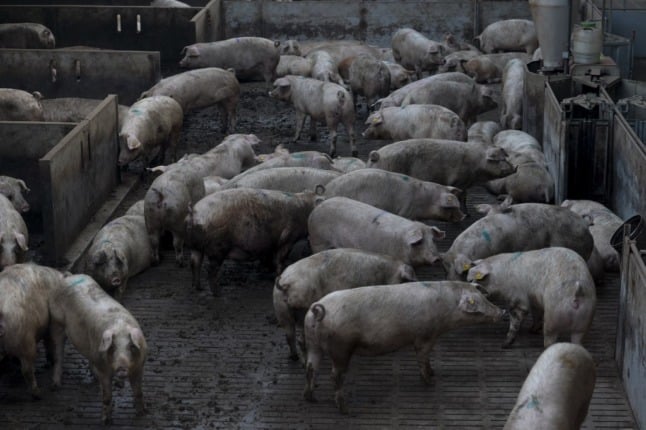The girl had drunk six litres of water in the game, and was pronounced dead in her home town after being declared brain dead in Sweden following the incident.
The school children played the game on the Åland islands located between Sweden and Finland, with the rules being that the loser of each hand on poker had to down a whole glass of water.
The girl’s water intoxication was not noticed by teachers until they were making a head count of the students later in the evening.
“She sat on the toilet and vomited. She had drunk an enormous amount of water,” said Jukka Silvola, principal of the school, to the Aftonbladet newspaper, adding that the girl was “truly well-liked”.
The 12-year-old was immediately taken to a hospital in Åland capital of Mariehamn before being transferred to specialist ward of the Uppsala University Hospital the next morning.
There, the girl was declared brain dead and was taken to her hometown of Nystad in eastern Finland in May, where she died a few days later.
Johan Valtysson, head of the intensive care ward at the Uppsala hospital, explained how water intoxication can lead to fatal disturbances in brain functions.
“What happens when you drink too much water is that your blood is diluted and salt levels in the blood are increased,” he told the paper.
“The effect is that the water is drawn into the brain which then swells up due to the brain’s fluid accumulation. The blood flow is then cut off and you become brain dead.”
An adult should drink around two to three litres of water a day, and the 12-year-old is believed to have consumed six.
Meanwhile, Valtysson told the paper that he can’t fathom why anyone would play “water poker”.
“This is a truly dangerous game,” he said.
TT/The Local/og



 Please whitelist us to continue reading.
Please whitelist us to continue reading.
Member comments